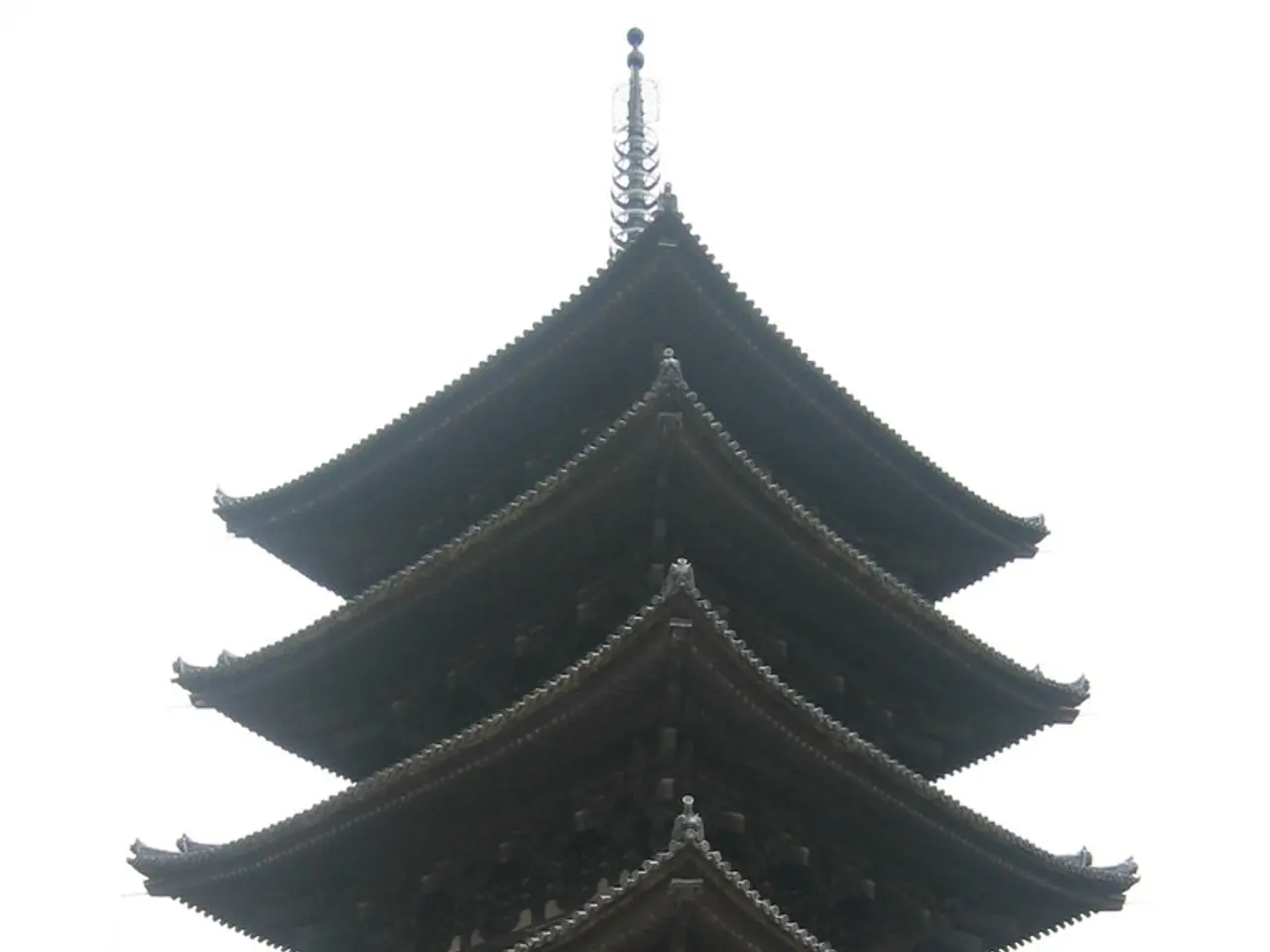Borders between India and China may soon reopen for commercial activities
In a significant development, India and China have agreed to resume border trade through three key Himalayan passes – Lipulekh, Shipki La, and Nathu La – after a five-year suspension. This decision comes amid ongoing border tensions and geopolitical pressures.
The formal agreement was reached during Chinese Foreign Minister Wang Yi’s visit to New Delhi, following the 24th round of Special Representatives’ dialogue on the boundary question co-chaired by India’s National Security Advisor Ajit Doval and China’s Wang Yi.
Three significant border passes have been reopened, including Lipulekh in Uttarakhand, Shipki La in Himachal Pradesh, and Nathu La in Sikkim. These passes have served trade between India’s border regions and Tibet since the 1990s or early 2000s but were closed in 2020 due to COVID-19 and border clashes. Trade through these passes traditionally favored India, with exports to Tibet exceeding imports.
The resumption of border trade is seen against a backdrop of shifting global trade and geopolitical dynamics. The reopening allows India to diversify partnerships and engage more actively with Beijing, despite unresolved border disputes. This move comes in response to intensified US tariffs on Indian goods.
In addition to resuming border trade, India and China have agreed to resume direct flights, update the Air Services Agreement to facilitate tourism, business, and media exchanges, and ease visa processes to strengthen people-to-people interaction. The two countries have also committed to promoting trade, investment, and restarting bilateral dialogues on various issues.
The resumption of border trade is economically important for border communities and regional economies, especially Tibet’s, providing local livelihoods and cross-border commerce opportunities. Politically, it is symbolic as a confidence-building measure following years of military standoff and border tensions since clashes such as the 2020 Galwan incident. Strategically, it allows India to reaffirm its strategic autonomy and balance relations amid global trade disruptions and the US-China-India geopolitical triangle.
Border trade and flights have officially resumed following the agreements. Talks are ongoing on border management to reduce conflict risk. Full restoration of trade activities is expected to unfold gradually through the traditional May-November trading season at these passes.
As relations between India and the United States have been strained due to Trump’s ultimatum for India to end its purchases of Russian oil, Beijing has expressed welcome for Prime Minister Modi's potential visit to China for the Shanghai Cooperation Organisation summit opening on August 31. The Chinese foreign ministry has also stated that China and India have reached a consensus on cross-border exchanges and cooperation, including the resumption of border trade.
If Prime Minister Modi visits China, it would be his first visit since 2018, although this is not yet officially confirmed. The resumption of direct flights and issuance of tourist visas are part of the efforts to rebuild the damaged relationship between China and India. The US tariff regime has disrupted the global trade order, causing China and India to move towards mending ties. However, the US will double new import tariffs on India from 25% to 50% by August 27 if India does not switch crude suppliers.
India and China have long competed for strategic influence across South Asia. The resumption of border trade and associated connectivity reflects a cautious thaw aimed at economic revival and diplomatic stability after five years of closures triggered by the pandemic and border conflict, set against complex geopolitical pressures.
The resumption of border trade through Lipulekh, Shipki La, and Nathu La, initially closed due to COVID-19 and border clashes, serves as a significant step in improving India's relations with China, amid ongoing geopolitical pressures and shifting global trade dynamics. Meanwhile, the agreements to resume direct flights, update the Air Services Agreement, and ease visa processes indicate efforts by both countries to strengthen people-to-people interaction and rebuild their damaged relationship.







